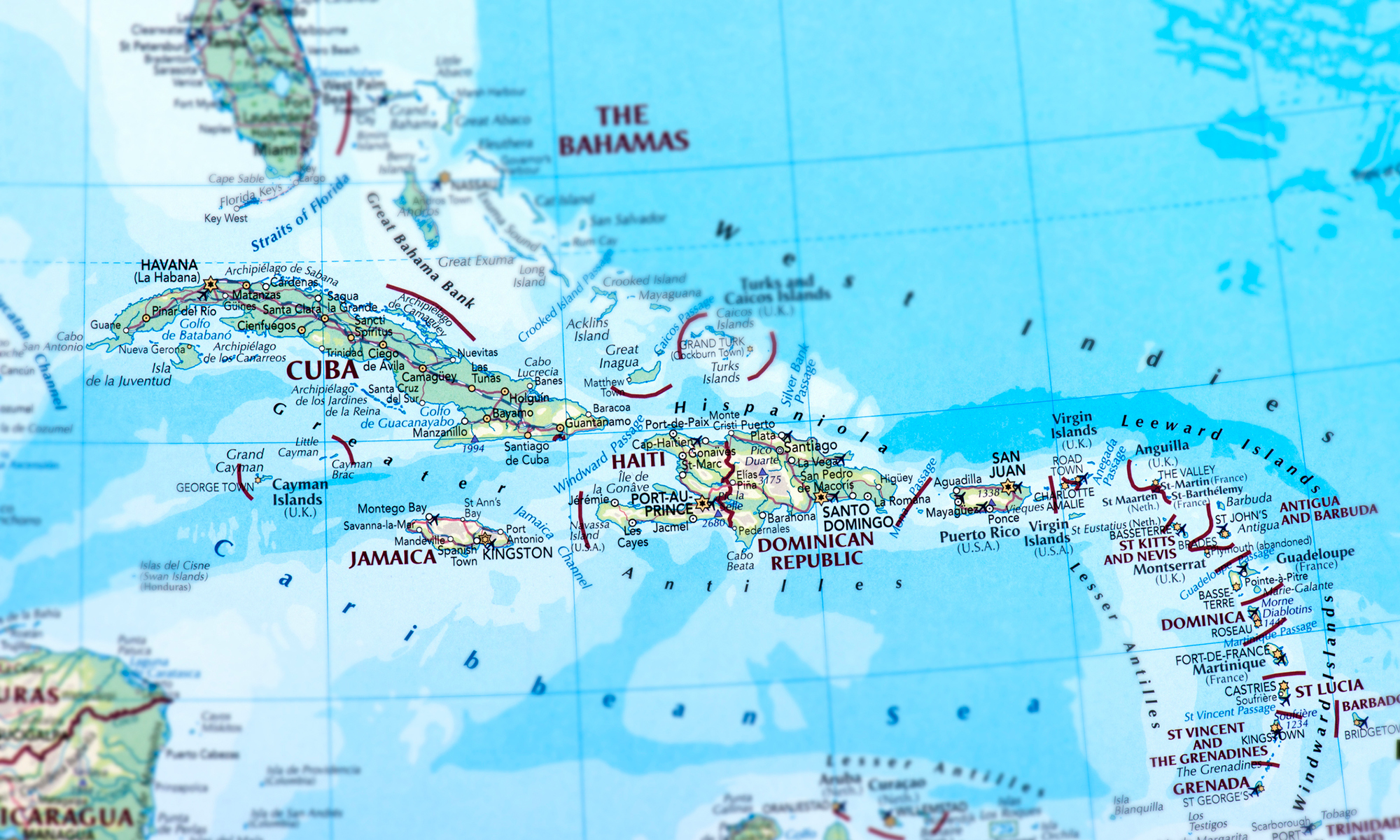Yesterday, the first legal cargo from Cuba in more than 50 years arrived in the United States. Two containers containing 40 tons of artisanal charcoal arrived by sea at Port Everglades in Fort Lauderdale. The charcoal, made from Cuban marabu, produces a highly efficient burning charcoal.
Once in the United States, the charcoal will be packaged in 33-pound bags under the brand name Fogo. The charcoal will be sold to restaurants and online directly to consumers. Cuban marabu charcoal has excellent heating qualities, it does not produce sparks, and burns long and clean, making it desirable for restaurant pizza and bread ovens.
Cuban marabu is made from an invasive woody plant from Africa that is considered a nuisance in Cuba. The marabu charcoal is produced by private, worker-owned cooperatives. The charcoal is sold by the cooperatives to a local packager, which sells it on to state-run export firm CubaExport. Products of cooperative farms in Cuba can be exported to the United States under the exemptions to the U.S. embargo permitted by President Obama.
The Obama Administration eased restrictions on imports of goods and services from private Cuban entrepreneurs in early 2015. The new regulations set forth a list of goods that are prohibited from being exported to the U.S., such as livestock, food products, ammunition, metals and minerals. Other products are eligible for export if they were produced by private Cuban entrepreneurs and are not on the list of prohibited items.
Jose A. Aquino (@JoseAquinoEsq on Twitter) is a special counsel in the New York office of Duane Morris LLP, and a member of the Duane Morris Cuba Business Group. This blog is prepared and published for informational purposes only and should not be construed as legal advice. The views expressed in this blog are those of the author and do not necessarily reflect the views of the author’s law firm or its individual attorneys.
